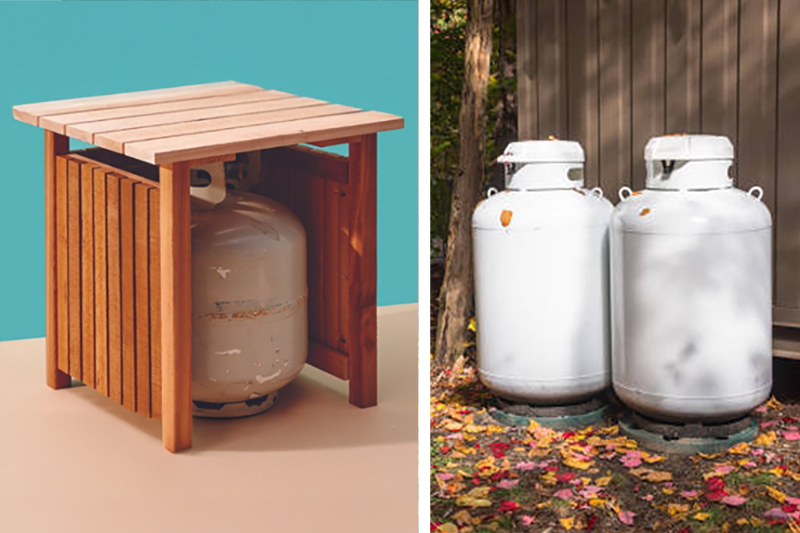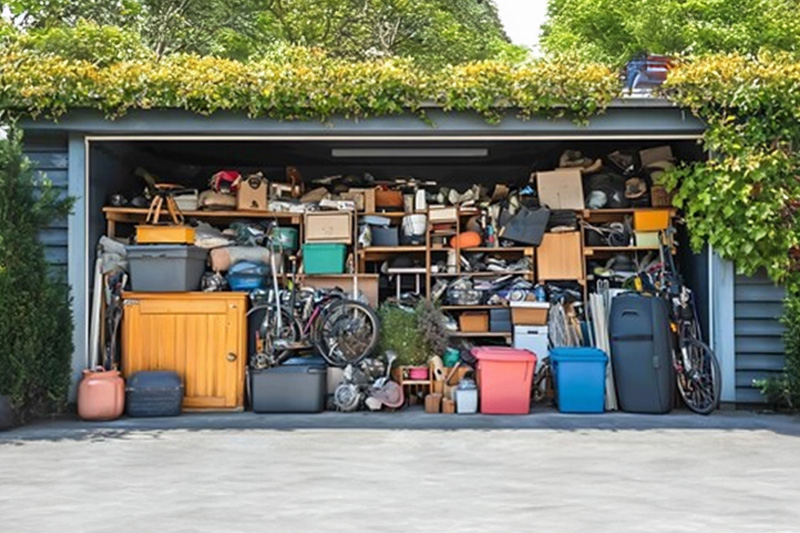The garage is often the go-to space for overflow storage. It’s big, out of the way, and usually easy to access. But not everything belongs there — especially when it comes to items sensitive to temperature, moisture, or pests. Storing the wrong items in a garage can lead to damage, deterioration, or even safety hazards. Here’s a practical guide on what is and isn’t safe to store in your garage, plus a closer look at items that don’t handle extreme temperature shifts well.
Safe Items to Store in a Garage
1. Tools and Yard Equipment
Hand tools, power tools, rakes, shovels, and lawnmowers are perfect for garage storage. Just keep power tools in toolboxes or hang them to avoid moisture damage, and consider desiccant packs or dehumidifiers in humid climates.
2. Outdoor Toys and Sports Equipment
Bikes, basketballs, soccer gear, and camping equipment are built to withstand outdoor elements and can usually handle the garage environment just fine.
3. Car Supplies and Accessories
Motor oil, windshield washer fluid, spare tires, and car jacks are safe to store in the garage. Just keep chemicals in labeled containers, away from open flames or extreme heat.
4. Seasonal Decorations
Holiday lights, artificial trees, and outdoor décor are good garage candidates, provided they’re in plastic bins to keep out dust, moisture, and pests.
5. Gardening Supplies
Fertilizers, pots, and garden soil are safe in the garage. Store bags of soil or mulch off the ground to avoid attracting pests or absorbing moisture.
What Not to Store in the Garage
1. Paint and Solvents
Paint can separate or spoil in extreme heat or cold. Freezing can ruin its consistency, while high heat may cause it to bubble or harden. Instead, store paint in a temperature-controlled area like a basement or utility closet.
2. Propane Tanks and Gasoline
Never store propane tanks or gasoline in a garage — even if it seems convenient. They pose a fire and explosion risk, especially in enclosed spaces. A propane leak in an enclosed area is extremely dangerous. Store them outdoors, with the valve shut off, in an upright position, and away from direct sunlight. Keep anything flammable out of the house!
3. Important Documents and Photos
Humidity, pests, and temperature fluctuations can destroy paper. Keep important documents, photographs, and memorabilia indoors in a dry, cool location.
4. Food (Even Canned)
Heat can cause canned food to spoil or bulge, and dry goods attract rodents. Only store food in your garage if it’s well-sealed and your garage is temperature-controlled — otherwise, stick to the pantry or kitchen.
5. Electronics
Old laptops, speakers, and other devices can degrade quickly in garages due to moisture and heat. Condensation and corrosion are real risks.
6. Clothing and Bedding
Fabrics attract moths, mice, and mold when stored in non-climate-controlled areas. Even if sealed in plastic bins, they may develop odors or mildew.
Temperature-Sensitive Items: What You Should Know
Some items fall into a gray area: they can technically be stored in the garage but not without risks if your area sees extreme seasonal temperatures.
Paint (again):
Most latex paints shouldn’t be stored below 35°F or above 90°F. Garages in cold winters or hot summers often cross those thresholds. If the paint smells sour or has a lumpy texture, it’s likely gone bad.
Batteries:
Whether for power tools or vehicles, batteries degrade faster in extreme heat and may freeze in very low temps. Store them indoors if possible.
Wood Furniture or Instruments:
Wood expands and contracts with moisture and temperature changes, causing warping, splitting, or cracking. Instruments, in particular, are sensitive and should be kept indoors.
Cleaning Supplies and Chemicals:
Many household cleaners and chemicals lose potency or become unstable when frozen or overheated. Always check product labels — most will have storage temperature guidelines.
Final Thoughts
Garages are versatile storage spaces, but they’re not one-size-fits-all. The key is understanding your local climate and how it affects sensitive materials. When in doubt, ask yourself: Would I be okay leaving this in the trunk of my car all year round? If the answer is no, find a spot inside. By storing smart, you’ll protect your belongings, keep your garage organized, and maybe even avoid some costly replacements down the road.


